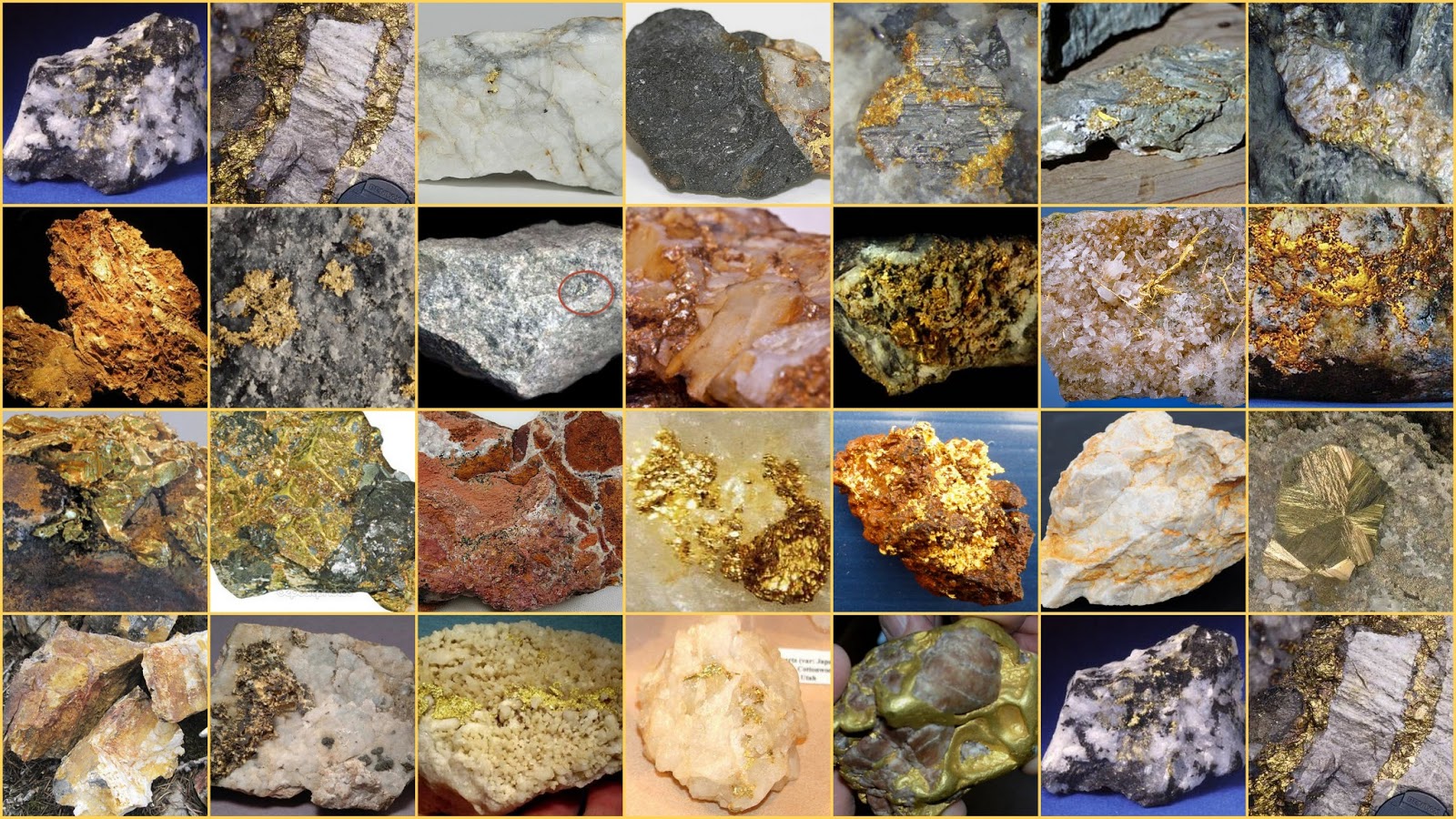Article summary
- Nigerian government approves new National Automotive Industry Development Plan (NADIP) to boost local vehicle production, including 30% locally produced electric vehicles, from 2023 to 2033.
- Electricity access crucial for establishing and sustaining local electric vehicle production in Nigeria, according to energy analyst Dan. D. Kunle.
- Nigeria urged to develop and secure production of critical minerals like copper, silicon, and lithium to meet clean energy goals and avoid potential supply shortages, as predicted by analysts.
The Nigerian government recently announced the approval of the Nigeria Investment Policy (NInP) and the adoption of a new National Automotive Industry Development Plan (NADIP) from 2023 to 2033. The policy is aimed at enabling an exponential increase in the local production numbers of vehicles, reaching 40% local content, and attaining 30% locally produced electric vehicles.
To establish and sustain local production of electric vehicles in Nigeria, electricity access must be guaranteed. Energy analyst, Dan. D. Kunle told Nairametrics that as the country is looking forward to increasing manufacturing output, it is important to increase local production capacity, especially for components that make up power systems, to avoid added import expenditure in dollars.
This line of thought is similar to what Sumaila Zubairu, the President of the African Finance Corporation (AFC), said in October 2022 when he told attendees at a Reuters event that Africa needs to expand its mining capacity and that more minerals should be sourced, mined, and processed here on the continent. Investment in adaptation will increase infrastructure. To achieve this, the country needs better power (electricity) systems.
In November 2022, the International Energy Agency (IEA) said that copper, silicon, and lithium are critical for the future of global power systems. According to the IEA, copper is used in electricity transmission and distribution grids, but its conductive properties also make it an essential component for low-emission power generation technologies such as solar photovoltaic (PV) panels, wind turbines, and batteries.
Silicon is used in the processing and manufacturing of renewable energy systems. Meanwhile, lithium-ion batteries are the fastest-growing storage technology in the world, making lithium indispensable for future electricity systems.
What Nigeria must do to meet the set target
Solid minerals found across the country are used domestically to a large extent. However, more needs to be done to build capacity and ensure that Nigeria can meet its target of local electric vehicle production by 2033.
According to NEITI data on solid minerals, Nigeria mined 527.37 tons of minerals between 2007 and 2020. The data also states that Nigeria’s total mineral export in 2020 was 32,992 tons with a free-on-board value of $42.46 million. Out of a total of 71,151,000 tons of minerals produced in 2020, 71,118,008 tons, or 99.95%, were used domestically.
Nigeria has Silicon dioxide is found in states like Kano, Jigawa, Ondo, Rivers, Cross River, and Lagos states. Lithium is found in states like Kaduna and Kwara. Meanwhile, copper is found in states like Nasarawa, Plateau, Zamfara, Bauchi, Gombe, Abia, and Kano.
However, Nigeria is not yet a major player in copper, lithium, and silicon production. But the country will do well to develop and lock down the production of these minerals to achieve its clean energy goals.
What you should know
According to this report by Bloomberg, critical mineral shortages have been predicted by analysts. If supply shortages turn out to be as severe as predicted, it would cause a surge in prices that risks damaging the economics of smart grids and renewables and slowing their adoption.























